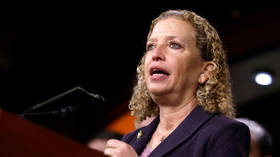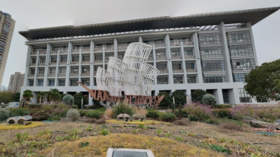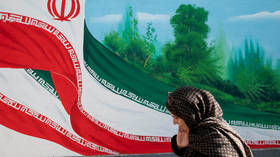Tolls to fund new Russian roads

Russian roads have always been a headache, and road building often goes at a snails pace. The Amur highway in Siberia has been under construction since 1966.
The state of the country's roads is far from ideal. In some parts Siberia roads are only passable during the winter when they are frozen, otherwise cars and trucks sink axle deep in mud. The Transport Ministry has come up programme to repair old roads and build toll roads over the next eight years. It will mean many of the new highways will have tolls, because that's the only way the country can afford to build them. Experts have calculated the Russian road system needs investment of about 4% GDP instead of current 2%. The new programme is likely to cost something in the region of 12 trillion roubles. A little over half that – 7 trillion – will come from Government coffers, the rest will have to come from private investment. The Ministry is considering Public Private Partnership schemes, where about a third of the money will be put up by investors. In turn they will be granted the right to build and operate the toll road for anything up to thirty years. Collecting fees from drivers is where the problems may start according to Anrey Rozhkov senior analyst from IFC Metropol. “The figures are too high-flying, it is quite complicated to attract this amount of money from Russian investors. It is essential in this case to turn to foreign investors for help”, says Rozhkov. Georgiy Petrushenko Deputy Director of Ministry of Transportation Development Department said there was not so much interest from western investors. ”Interest is determined by the role of the Russian state in the project, which is thought by foreign investors to take investment and currency risks”, he says. On the other hand IFC Metropol analyst points out that if the toll road traffic is miscalculated and the government takes too many obligations and risks it can induce budget deficit.Officials have also announced the possibility there will be only toll roads, but Anrey Rozhkov is positive that will trigger social discontent, but has a solution “It can be implemented in a way when locals don’t pay and drivers from other regions will have to pay for transit”, says the analyst.












